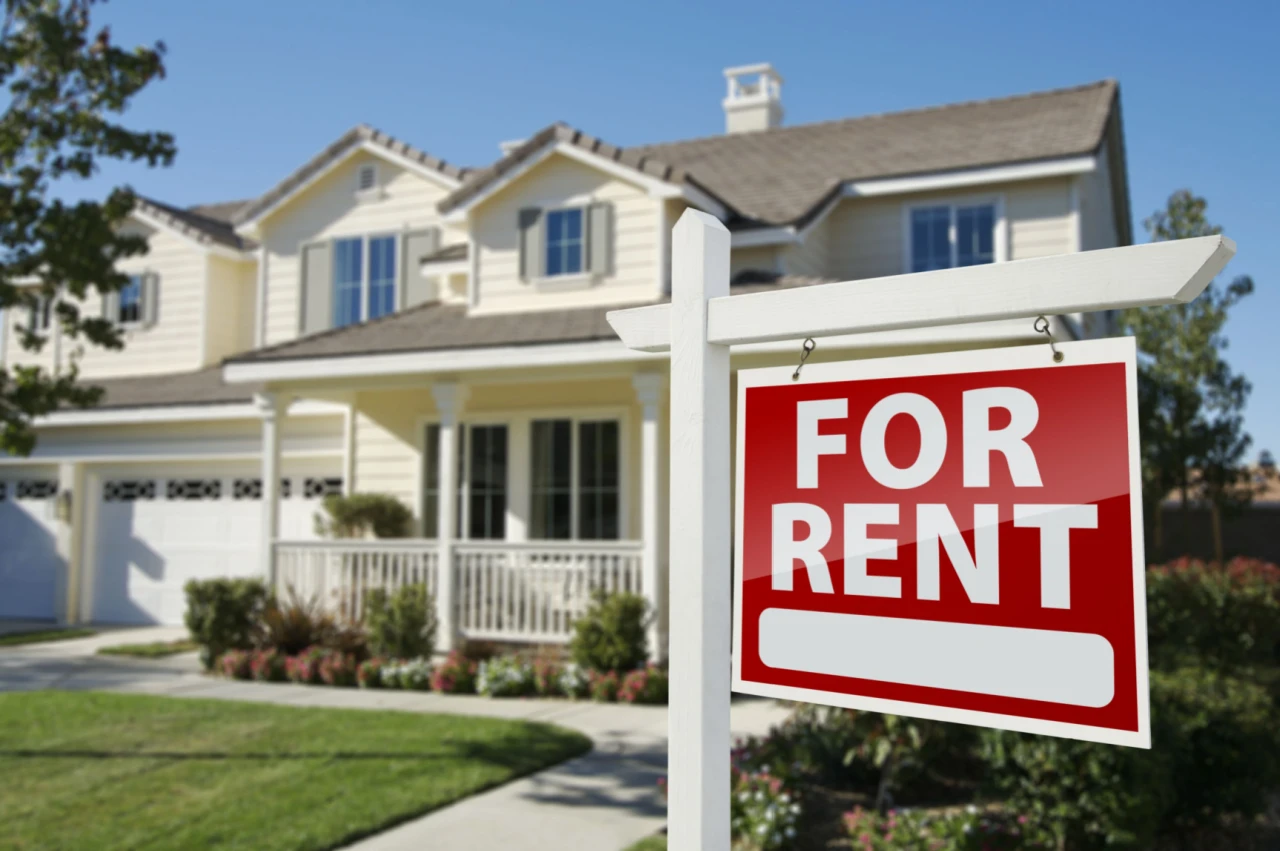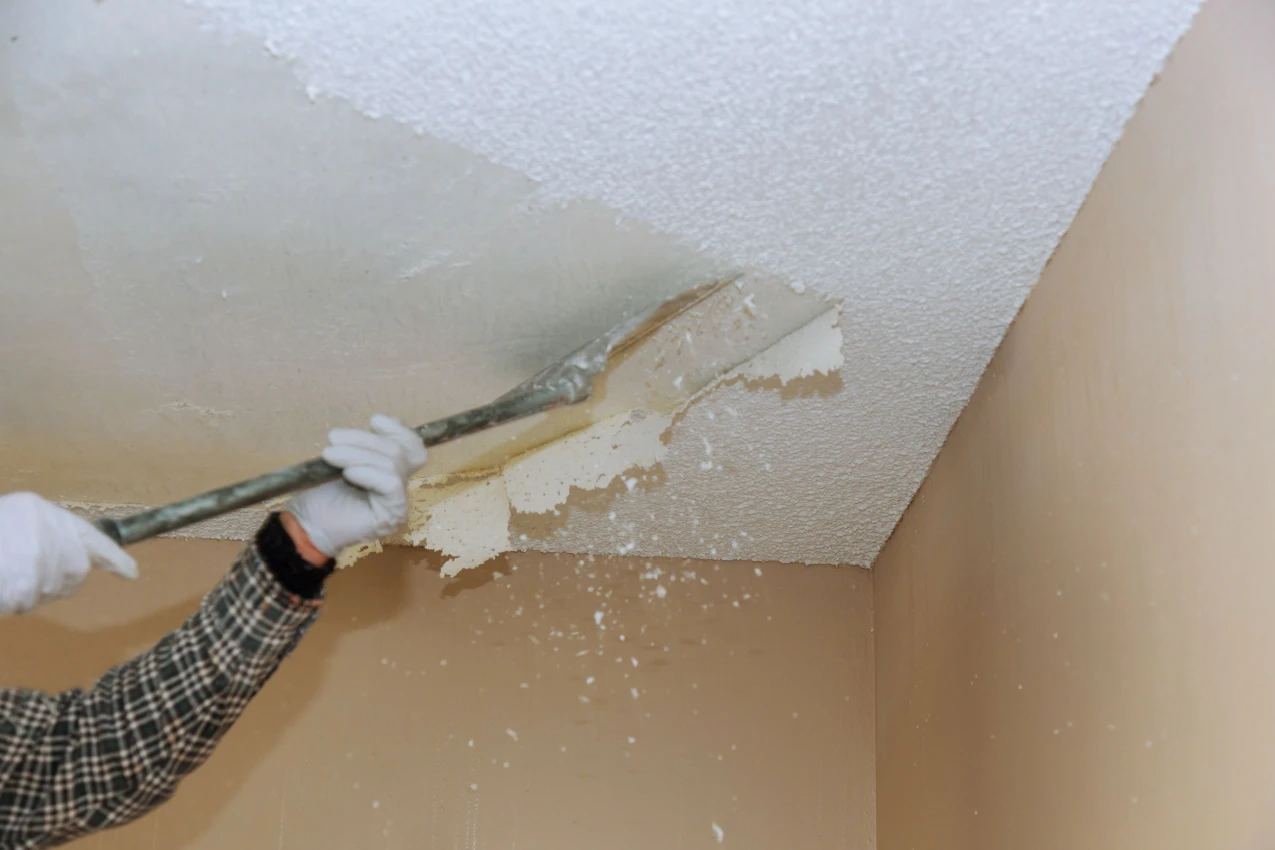Having the right insurance in place really matters

What Insurance Do I Need If I Rent Out My House?
Protecting what’s yours is one of the most important parts of managing a rental property. And if you’ve been asking yourself, “What insurance do I need if I rent out my house?”—you’re thinking like a true business professional. Accidents happen—it’s part of the game, and having the right insurance in place really matters.
But here’s the thing: there isn’t just one type of coverage. There are a few, and choosing the right one can feel confusing. Read along to learn what each option covers and how to choose the right insurance for your rental.
Main Takeaways
What insurance do I need if I rent out my house?
- Landlord insurance is essential—it covers your property structure, liability risks, and potential loss of rental income if your unit becomes unlivable.
- Additional protections can safeguard you against specific risks, such as flood insurance for properties in flood-prone areas, vandalism coverage, and tenant discrimination protection.
- Choosing the right insurance depends on your rental property type, local risks, and financial tolerance, ensuring you’re covered against unexpected damage or tenant-related claims.
What Makes Rental Property Insurance Different from Homeowners Insurance?
When you rent out your home, the use of the property changes—from being your primary residence to becoming an income-generating rental. Because of this shift, insurance companies don’t treat the two situations the same way.
Homeowners insurance is made for people who live in their own homes. It covers the building and your personal belongings (like furniture and clothes). Also, it protects you if someone gets hurt on your property. But once you decide to rent out that house, you’re no longer the one living there—someone else is. That’s where rental property insurance (also called landlord insurance) comes in. It’s designed for landlords, and it protects your property as a business instead of just a personal home.
Here’s a simple comparison:
Homeowners Insurance |
Rental Property Insurance (Landlord Insurance) |
| Meant for owner-occupied homes | Meant for homes you rent out |
| Covers personal belongings (like your TV, couch, etc.) | Doesn’t cover tenant’s stuff—only your property and any appliances you own |
| Focuses on your living needs | Focuses on your business/rental needs |
| Might not cover damage caused by tenants | Covers tenant-related damage and liability |
| May include “loss of use” coverage if you can’t live there during repairs | May include “loss of rental income” coverage if the property becomes unlivable |
Example:
Let’s say there’s a fire in your rental unit and your tenant has to move out while repairs happen. Homeowners insurance won’t cover the lost rent. However, landlord insurance can. That’s why you can’t use regular homeowners’ insurance once you rent out your place. The risks are different, and you need the right kind of backup.
Paying Too Much For Insurance?
Get a FREE quote to insure your rental properties for less.
Types of Insurance You Need When Renting Out Your House
By now, you might be wondering, “Okay, but what insurance do I actually need if I rent out my house?” Well, there are a few different types, and each one covers a specific risk. Let’s break them down so it’s easy to understand what each one does—and why it matters.
1. Landlord Insurance (Rental Property Insurance)
This one is the core policy. It covers the structure of the property and your liability if someone is injured on the premises. Also, you can buy optional add-ons for extra coverage. For example, you can purchase coverage for vandalism, legal fees, or tenant-related issues. If you’re renting a home, this insurance is non-negotiable.
2. Landlord Liability Insurance
Landlord’s liability insurance comes as part of your landlord policy or as an add-on. It helps cover legal costs or medical bills if a tenant or visitor gets injured at the property or they sue you for damages. So, if you encounter icy walkways or faulty staircases, this policy can protect you from footing the bill.
3. Loss of Rental Income Coverage
Let’s say your rental is damaged by a fire or flood and the tenant has to move out. This coverage helps replace the lost rent while the home is being repaired. After all, if you rely on rent to cover your mortgage or bills, loss of rental income coverage is a big deal. So, rental income coverage can be a real lifesaver if something unexpected—like a fire or flood—forces your tenant to move out and puts your property temporarily out of commission.
4. Property Coverage (Dwelling Coverage)
This is part of your main landlord insurance. It protects the physical structure, such as your walls, roof, floors, your built-in appliances, and your plumbing or HVAC systems. This helps you pay less out-of-pocket for repairs after damage.
5. Vandalism and Malicious Damage Coverage
Some landlord policies don’t automatically cover vandalism by tenants or their guests. So, this coverage steps in when that happens. If you rent to new or short-term tenants, this could save you a lot of money and stress.
Additional Coverage Options to Consider
These aren’t always essential, but depending on your situation, they might be worth considering:
- Flood Insurance: Standard policies don’t cover floods. If your property is near a floodplain, this could be worth it. Without flood insurance, repair costs after water damage can be financially devastating.
- Personal Injury Protection: For claims like libel, slander, or invasion of privacy (rare but possible). This policy helps cover defense costs. This way, you have extra protection against unexpected personal liability cases.
- Tenant Discrimination Coverage: Protects you if a tenant sues over alleged discrimination. To help avoid this pitfall from happening in the first place, always be sure to follow Fair Housing Laws.
- Ordinance/Law Coverage: Covers extra rebuilding costs if local building codes require upgrades after damage. It helps reduce surprise expenses you might face when municipalities enforce stricter construction standards during renovations.
How to Choose the Right Insurance Coverage
At this point, we just want to say—not all properties or landlords are the same. So, before you decide on a policy, here are a few things to think about.
-
Consider the Type of Property You’re Renting
Think about what kind of place you’re renting out. Is it a single-family home? A townhouse? Maybe a small apartment building? Different setups come with different risks. The more complex the property, the more coverage you’ll probably want—just to be safe.
- Look at Your Risk Tolerance
Can you handle minor repairs out-of-pocket? Or do you want insurance to cover almost everything? If you’d rather not take chances, you might want to go for broader coverage with fewer exclusions.
-
Factor in the Local Risks
Each location has its own set of problems you have to account for. For instance, some areas often have flooding, heavy snow, or icy weather. Meanwhile, other areas may be a haven for entirely different kinds of problems: frequent vandalism or robberies. So, you should try to parse out which risks are the most real for your property and work with that.
- Check What Your Policy Includes—and What It Doesn’t
Speaking of vandalism, vandalism and other issues, like vandalism, legal fees, or loss of rental income, might not be included unless you specifically ask for them. So, it’s important to go through your policy carefully and see where you might need to proactively add a little more protection.
Before you hand over the keys, take a moment to review your insurance. Your regular homeowner’s policy likely will not be enough once tenants move in—and that could leave you exposed to unexpected costs. If you’ve been asking yourself, “What insurance do I need if I rent out my house,” landlord insurance is often the missing piece.
Source: Bay Property Management Group














 Accessibility
Accessibility